main navigation start
Toggle navigation
- Resources
- Search
main content start
Search Filters
Sharex Sites List
Topics
Topics
- Accountability (1)
- Child Health (1)
- Climate, Energy and Environment (10)
- Community engagement (1)
- COVID-19 (2)
- Data/Evidence (1)
- Disability (13)
- Disaster Risk Reduction (2)
- Education (2)
- Emergency Response (1)
- Gender (9)
- Humanitarian Response (1)
- Knowledge Exchange and Sharing (1)
- Mental Health (1)
- Migration (1)
- Nutrition (2)
- Partnerships (1)
- Peacebuilding (2)
- Social Behaviour Change (3)
- Social Protection (1)
- Sustainable Development Goals (2)
- UNICEF Programming (5)
- UN Water Conference (6)
- Urban (6)
- (-) Water. Sanitation and Hygiene (117)
Resource Type
Document Type
- Academic journal articles (including pre-print submissions) (0)
- Agreements (0)
- Case studies, lessons learned, field notes (56)
- Corporate reporting (0)
- Data set (0)
- Evaluations (4)
- Forms and templates (0)
- Guidelines/SOPs/checklists (7)
- Human Interest Stories (0)
- Major publication (flagship, advocacy etc.) (3)
- Meeting documents and reports (5)
- Mobile Application (0)
- Monitoring reports (0)
- Newsletters (0)
- None (2)
- Online learning/e-learning course (0)
- Other technical publications and reports (6)
- Policy brief/briefing notes/fact sheets/FAQs (6)
- Posters, brochures, pamphlets, flyers (2)
- Presentation (1)
- Research report (11)
- Situation analyses (1)
- Situation reports (6)
- Speeches and Statements (0)
- Staff working paper/discussion paper (0)
- Strategies and Frameworks (5)
- Systematic reviews, knowledge mappings, evidence synthesis (0)
- Technical note (0)
- Toolkit/Toolbox (0)
- Training materials (2)
- Video (0)
Country
Published Date Range

Case studies, lessons learned, field notes
Sato Tap Trial: The document discusses a field trial in Zambia where 15,000 SATO Taps were distributed to promote hand hygiene and reduce disease transmission. The trial aimed to test the market accep...
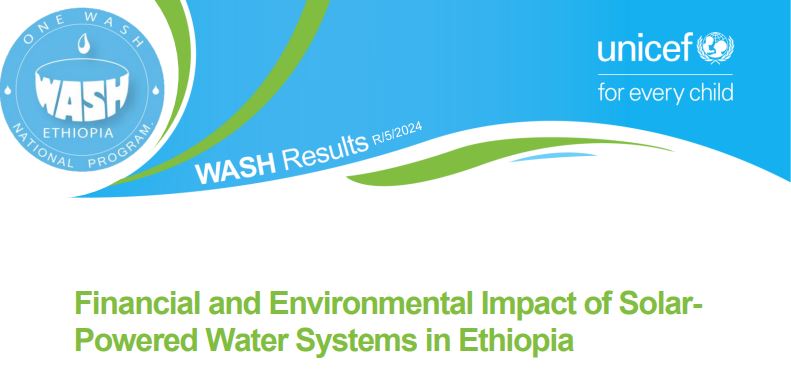
Case studies, lessons learned, field notes
UNICEF has invested in solar photovoltaic (PV) systems in Ethiopia to provide reliable water services to off-grid systems, benefiting 1.17 million people, including over 287,000 displaced individuals....
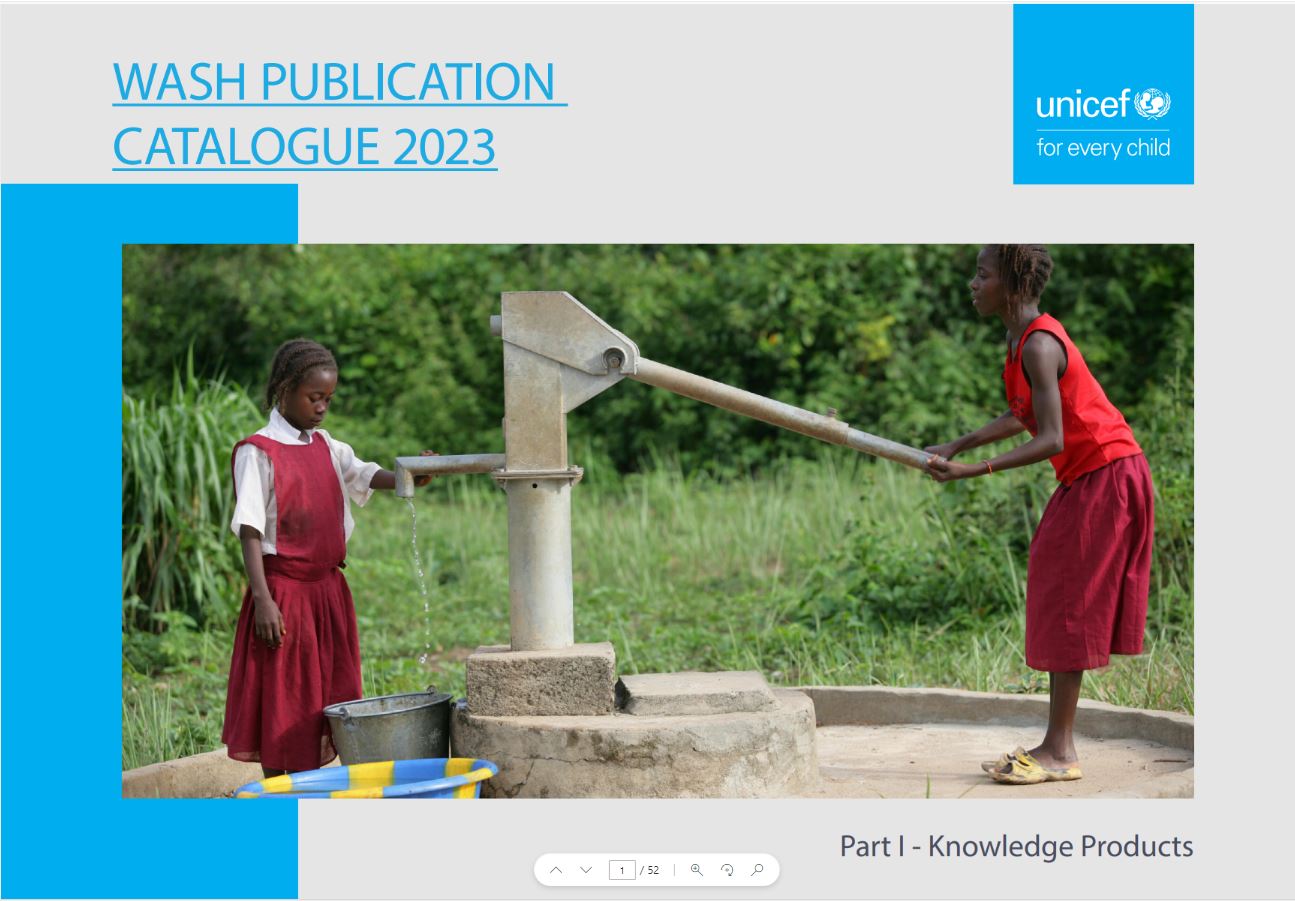
Major publication (flagship, advocacy etc.)
This catalogue is a comprehensive overview of UNICEF’s knowledge work throughout 2023. It highlights
our commitment to capturing, documenting and sharing knowledge and evidence, recognizing them as
...

Training materials
This Field Note discusses efforts to enhance climate resilience in Cambodia’s Water, Sanitation, and Hygiene (WASH) services, emphasizing the need for climate risk assessments and solutions to ensure ...
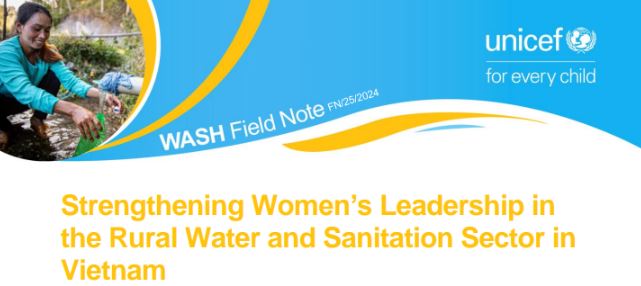
Case studies, lessons learned, field notes
This Field note highlights the significant underrepresentation of women in the water, sanitation, and hygiene (WASH) sector workforce in Vietnam, particularly in leadership roles. It notes that only 1...
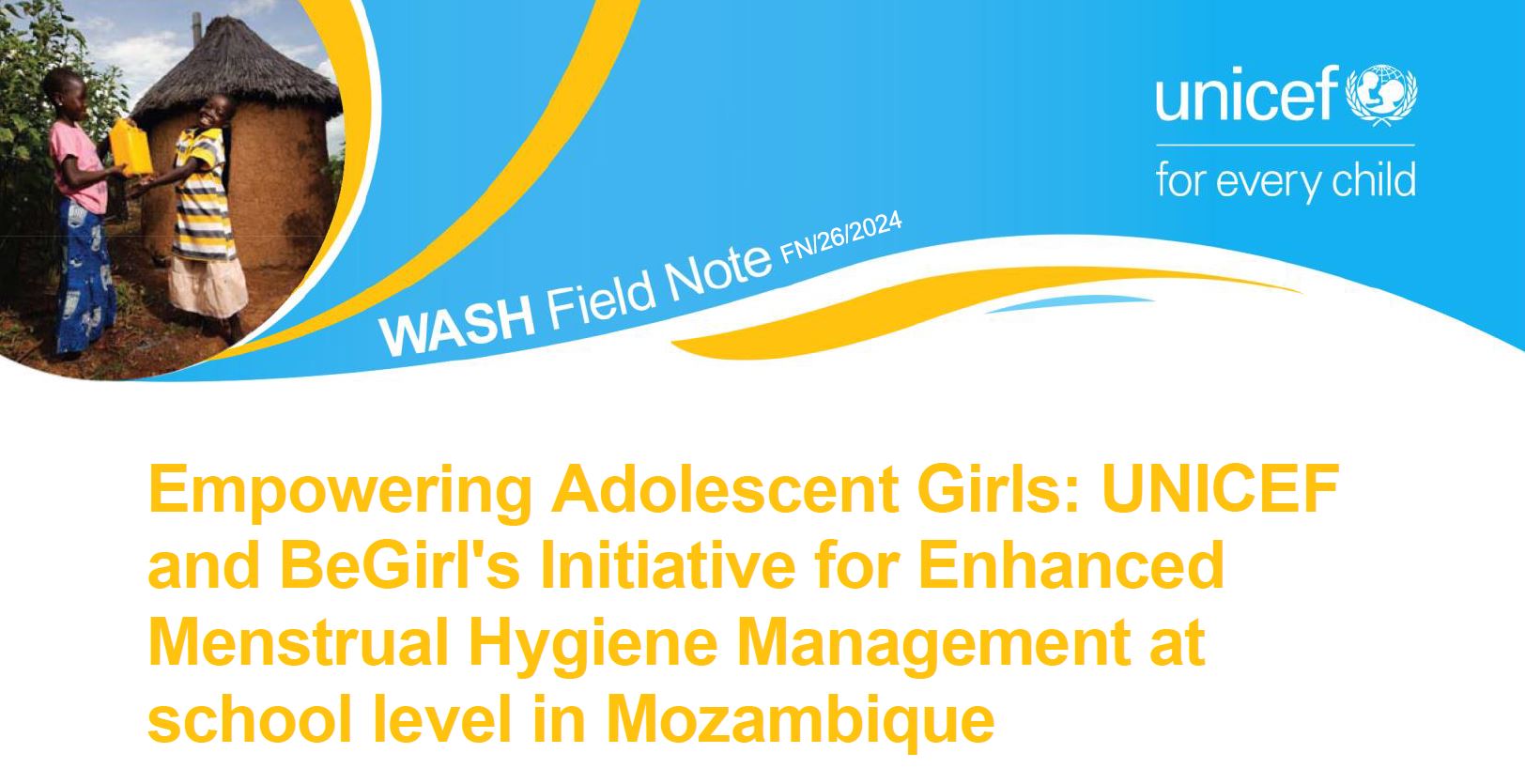
Case studies, lessons learned, field notes
UNICEF and BeGirl collaborated on a project to improve menstrual hygiene management (MHM) for girls in Mozambique, aiming to reduce school dropout rates by addressing MHM challenges and taboos. Over 3...
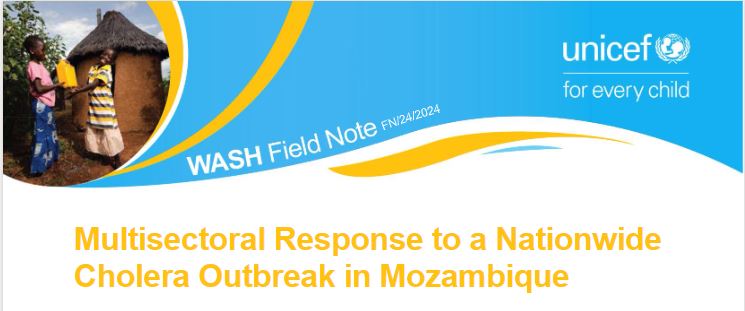
Case studies, lessons learned, field notes
This Field Note details Mozambique’s extensive cholera outbreak from September 2022 to June 2023, exacerbated by Cyclone Freddy in March 20231. It highlights the challenges faced and solutions impleme...
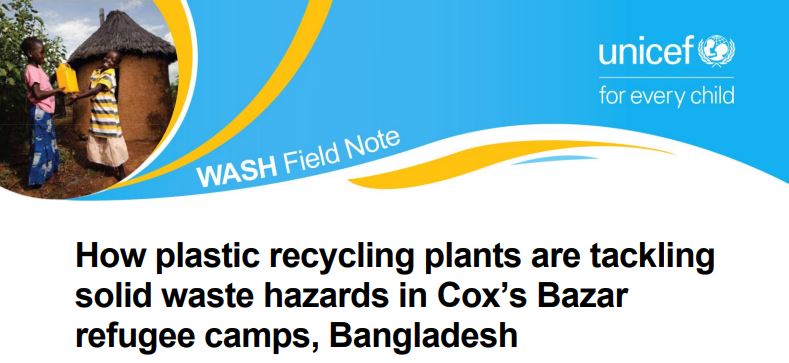
Case studies, lessons learned, field notes
This Field note is in disability accessible template. The document discusses the implementation of plastic recycling plants in Cox’s Bazar refugee camps in Bangladesh to manage plastic waste hazards. ...
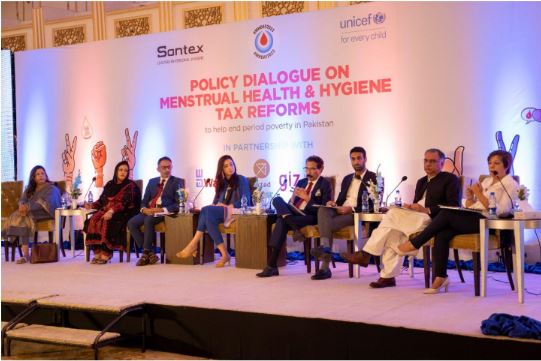
Meeting documents and reports
This Policy Dialogue on Menstrual Hygiene Management (MHM) Tax Reforms involved discussions on the taxation policies related to menstrual hygiene products. The aim of such dialogues is to address the ...

